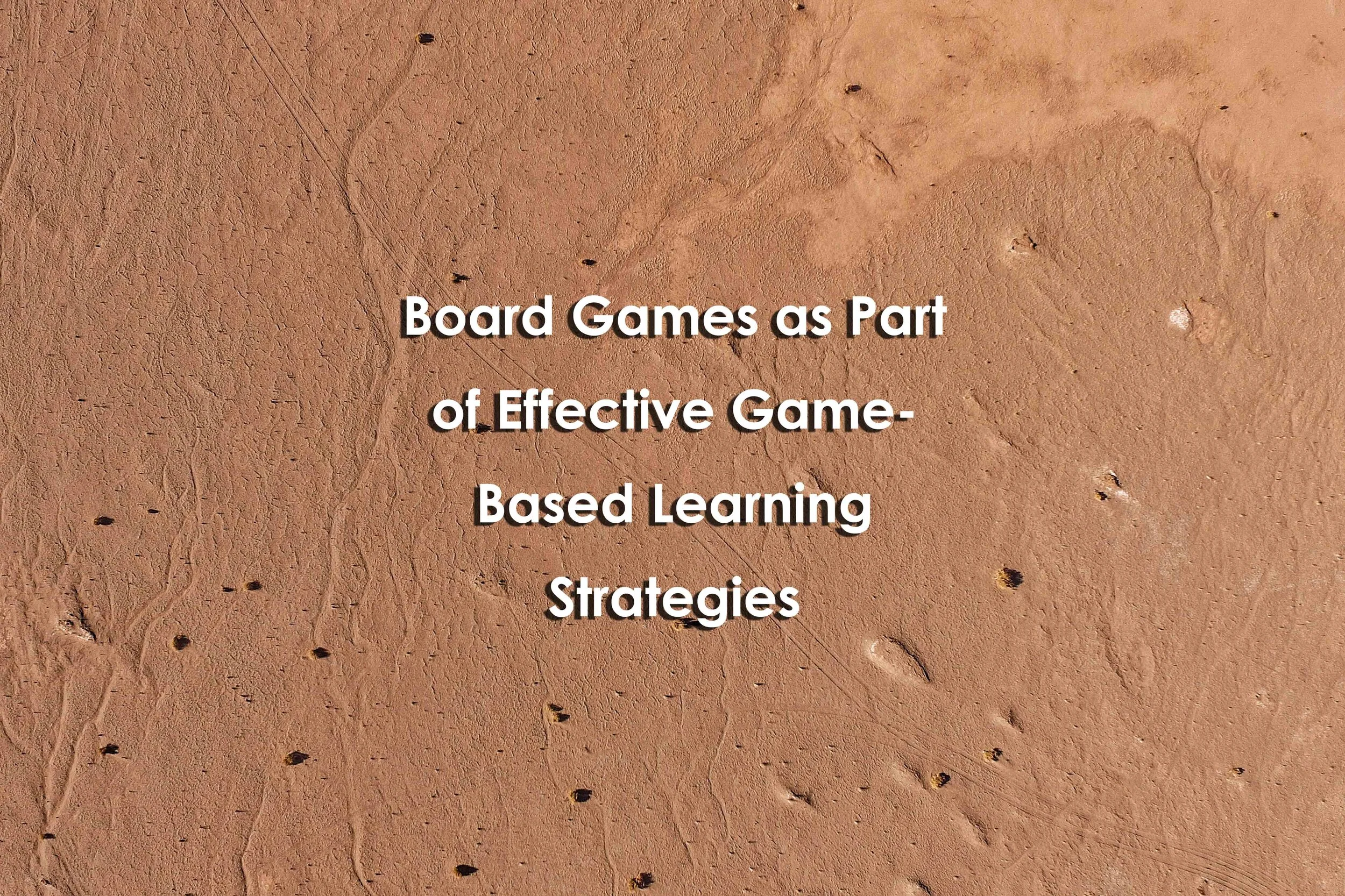Board Games as Part of Effective Game-Based Learning Strategies
Board Games as Part of Effective Game-Based Learning Strategies
Board Games as Part of Effective Game-Based Learning Strategies
Antonio Santos
Abstract
"In the educational field, practitioners view games as being effective tools, and research supports this belief. In general, accept that the field requires no further studies aiming to assess whether games are effective as educational tools, but rather, research that explains how we can integrate them into everyday teaching and learning processes. Although operational and cost-related issues that differentiate digital and nondigital games occur, some questions of interest with regards to both digital and nondigital game-based learning researchers and producers arise, such as how to better align instructional and game design. This chapter focuses on the use of board games as cost-effective instructional materials integrated into a set of game-based learning strategies. As its main objective, it proposes a method (called LuDu) of aiding teachers in designing and building a complete game-based learning experience using a board game. Basically, this method proposes that, using an iterative approach, teachers start from their actual learning objectives; develop their own board game; and finally, integrate it effectively into their daily teaching experiences. The author explains the theoretical underpinnings of this method; describes the process in terms of decisions and actions; and details a case study that illustrates test implementations of the method by two different groups of teachers in Mexico."
Reference
Santos, Antonio. "Board Games as Part of Effective Game-Based Learning Strategies." (2017). 10.1007/978-3-319-17727-4_142-1 9 (2017) https://www.researchgate.net/publication/321150977_Board_Games_as_Part_of_Effective_Game-Based_Learning_Strategies
Keywords
games, board games, games-based learning, table top games

